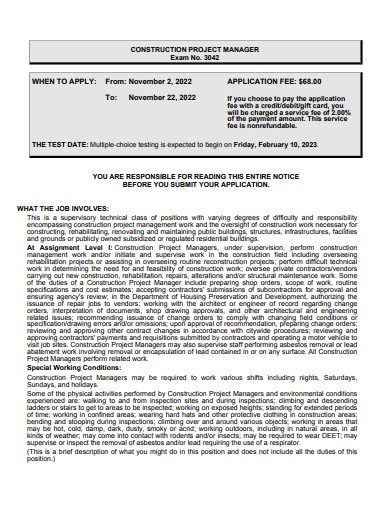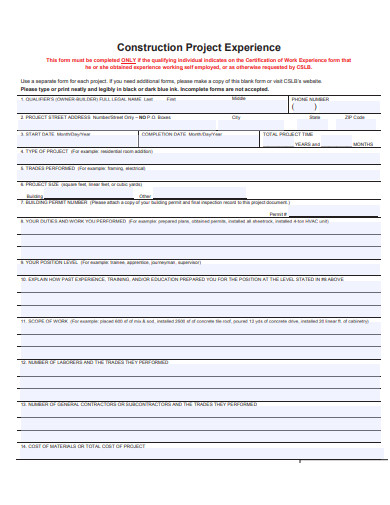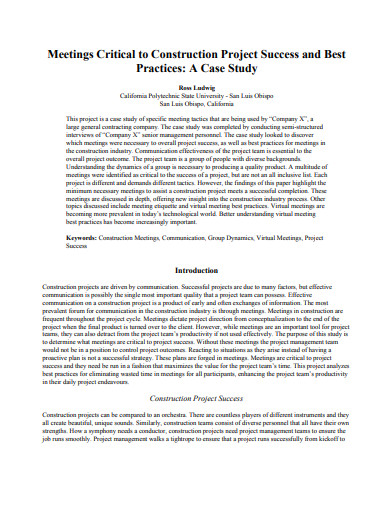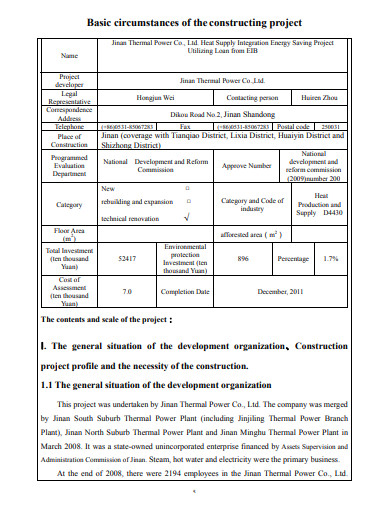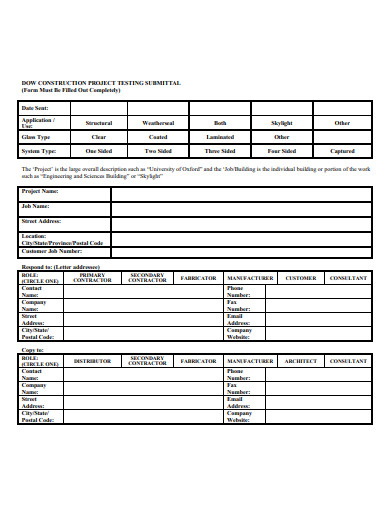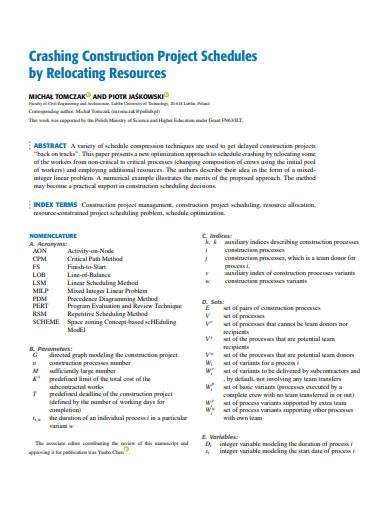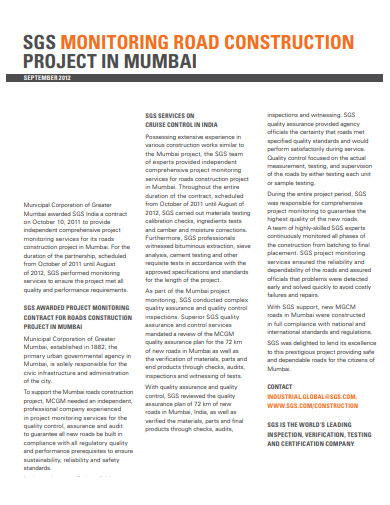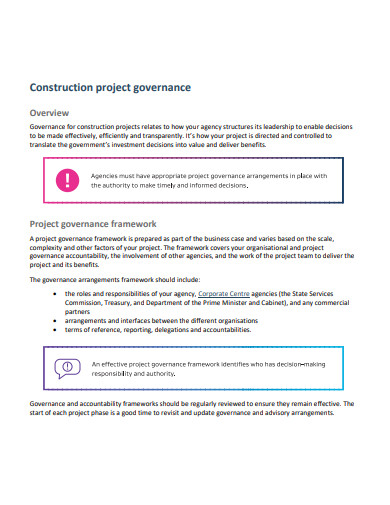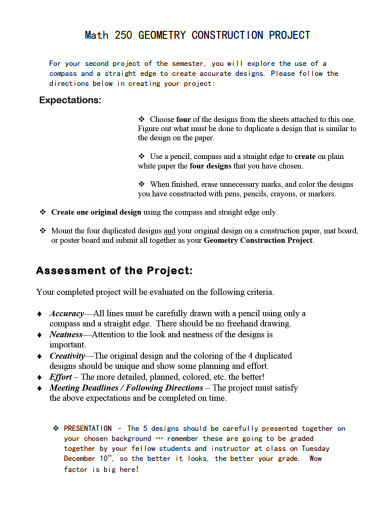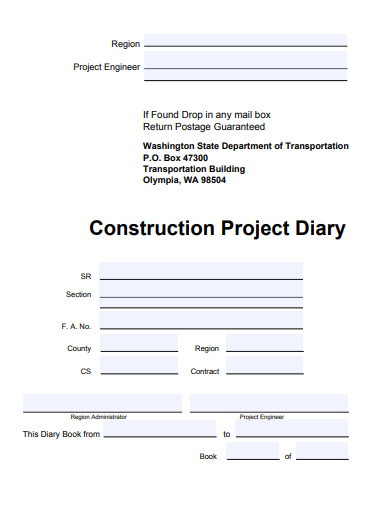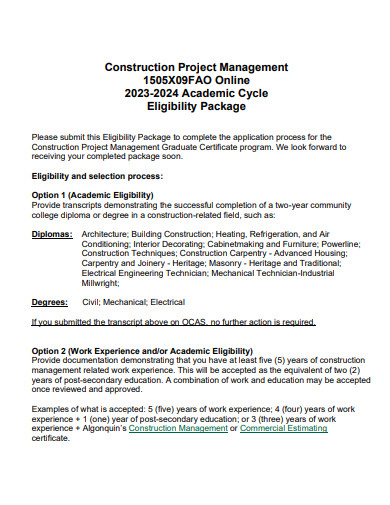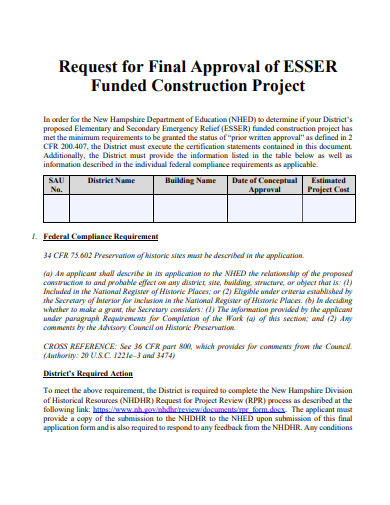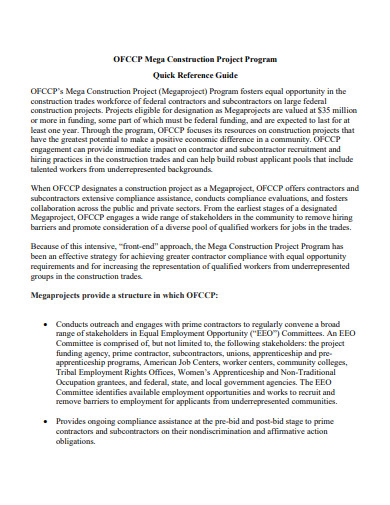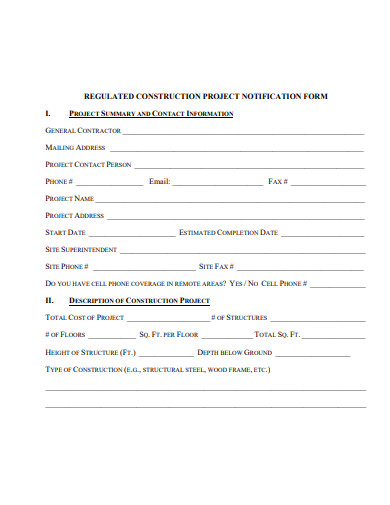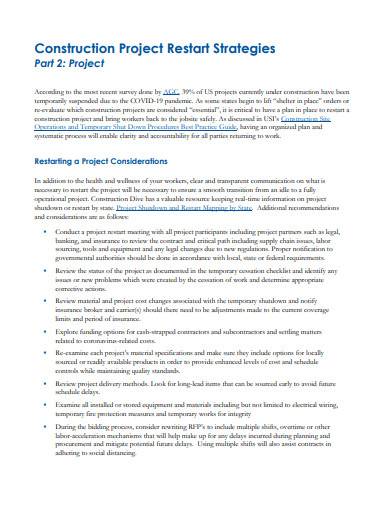Embarking on a construction project requires meticulous construction planning, a fusion of modern design trends, and adherence to industry standards. Whether you’re building a dream home, a corporate skyscraper, or a cozy cafe, understanding the essentials is key. Dive into our comprehensive guide on construction projects, and arm yourself with insights that combine the best of innovation, sustainability, and cost-efficiency. Transform your vision into a tangible reality and set the foundation for excellence in every brick and beam.
33+ Construction Project Samples
1. Construction Project Template Bundle
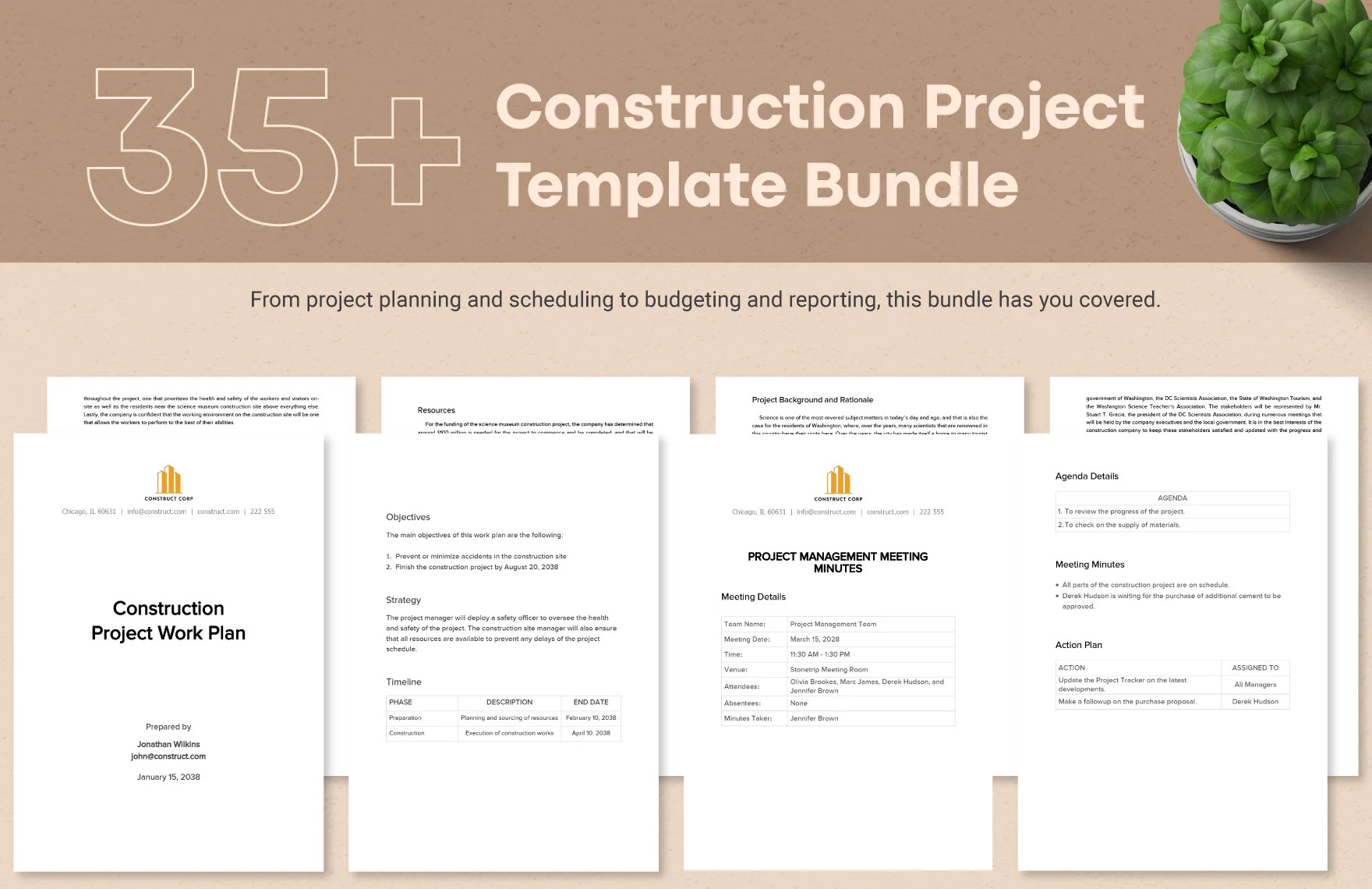
2. Construction Project Risk Register Template
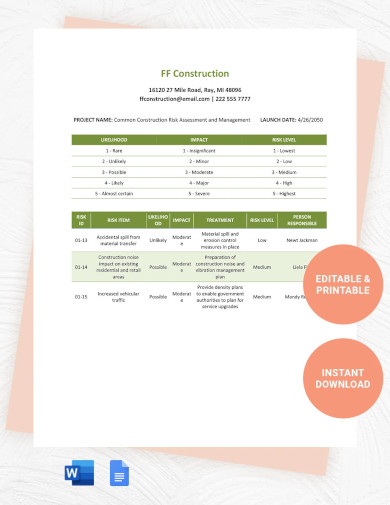
3. Construction Project Executive Summary Template

4. Construction Project Transition Plan Template
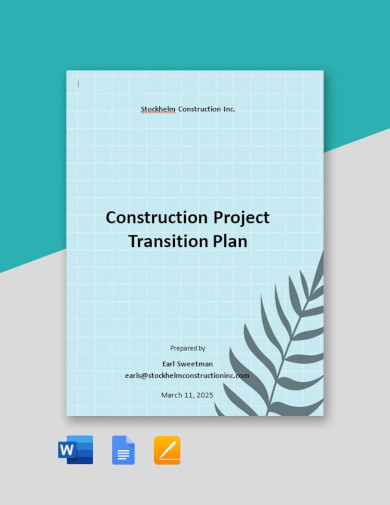
5. Construction Project Gantt Chart Template
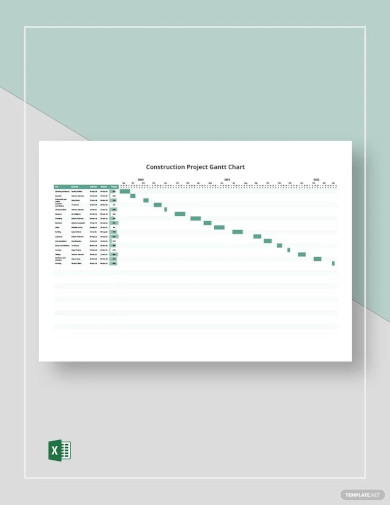
6. Construction Project Cost Analysis Template
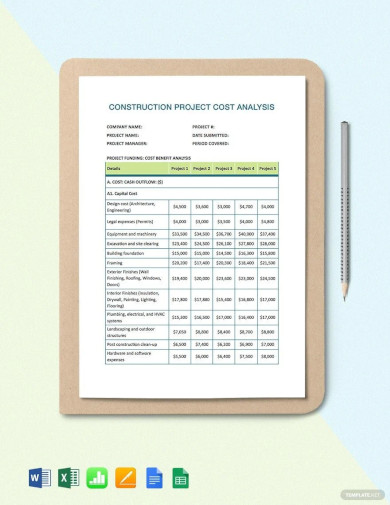
7. Construction Project Manager Template
8. Construction Project Experience Template
9. Construction Project Template
10. Basic Construction Project Template
What is a Construction Project?
Understanding the Basics:
A construction project is a comprehensive endeavor that entails the creation, modification, or demolition of structures, infrastructure, or areas of land. They can be as varied as the erection of a new skyscraper in a city’s heart or the renovation of a small countryside home.
The Scope:
The scale of a construction project can range dramatically, from minor renovations or repairs to existing structures to the inception and completion of mega infrastructural initiatives such as airports, highways, or stadiums.
The Stakeholders:
A myriad of professionals are involved, including but not limited to architects, civil engineers, contractors, subcontractors, and often, local or national governing bodies.
Significance in Society:
Such projects form the backbone of modern civilizations. They provide not only physical structures like homes, offices, and transport routes but also drive economic growth, employment, and technological advancement.
How to Write a Construction Project?
Laying the Groundwork:
The phrase “writing a construction project” typically pertains to drafting a proposal, plan, or documentation for the intended work. This is a vital step, ensuring that all stakeholders have a clear, unified vision of the project’s scope, requirements, and outcomes.
Start with a Vision:
Begin by defining the project’s objectives. Are you constructing a new building, renovating an old one, or perhaps undertaking landscaping? The nature and purpose of the project should be crystal clear.
Define the Scope:
Detail the specific tasks, activities, and deliverables. This includes everything from preliminary site assessments to final finishing touches.
Identify Stakeholders and Responsibilities:
Who is involved? Allocate roles and responsibilities clearly. This encompasses designers, builders, regulatory bodies, and often, the end-users or clients.
Draft a Timeline and Budget:
Every project needs a realistic timeline and a comprehensive sample budget. This should account for potential delays, unforeseen expenses, and provide some leeway for adjustments.
Consider Risks and Contingencies:
Every construction project comes with its own set of risks—weather conditions, regulatory challenges, or supply chain disruptions. Identifying these and having a backup plan is essential.
In essence, writing a construction project is about providing a blueprint, not just for the physical construction but also for the management, execution, and eventual completion of the endeavor.
11. Construction Project Testing Submittal Template
12. Construction Project Schedules Template
13. Road Construction Project Template
14. Construction Project Governance Template
15. Math Geometry Construction Project Template
16. Construction Project Diary Template
17. Construction Project Management Template
18. Funded Construction Project Template
19. Construction Project Program Template
20. Construction Project Notification Form Template
21. Construction Project Restart Strategies Template
Types of Construction Projects & Key Differences
Residential Construction
This type involves creating spaces where people live, ranging from single-family homes to apartments, condominiums, and townhouses. These are tailored for comfortable living, can range from simple to luxurious, and are often influenced by local culture and climate.
Commercial Construction
Focused on business spaces, this includes offices, malls, and other commercial establishments. The emphasis here is on functionality combined with aesthetics, often incorporating amenities for public or employee use. They typically uphold higher standards for safety and accessibility.
Industrial Construction
These projects are highly specialized and typically encompass manufacturing plants, refineries, or power generation plants. They involve complex installations such as machinery and large-scale facilities, prioritize efficiency and safety, and necessitate specialized expertise.
Infrastructure and Heavy Civil Construction
This category covers large-scale public works such as roads, bridges, dams, and railways. The focus is on durability and long-term utility, often funded or commissioned by government bodies, playing a crucial role in societal development and connectivity.
What are the 7 phases of the construction project?
Phase 1: Project Conception and Initiation
During this phase, the idea for the construction project is explored and its feasibility is determined through market research and feasibility studies.
Phase 2: Project Definition and Planning
The entire project is mapped out in detail here, covering aspects like scope definition, risk assessment, and budget estimates.
Phase 3: Project Launch or Execution
The actual construction work begins during this phase, with resources being mobilized and construction activities being implemented.
Phase 4: Performance and Control
Regular monitoring of progress takes place, ensuring alignment with the initial plan. This involves conducting quality checks and making necessary adjustments.
Phase 5: Project Close
Upon completion of the construction, the project is thoroughly reviewed to ensure all tasks align with the defined scope, finalizing all documentation.
Phase 6: Post-Construction Review
This retrospective phase examines the project’s successes and challenges, collecting feedback, and documenting lessons learned for future projects.
Phase 7: Maintenance and Operations
Especially relevant for infrastructure projects, this phase involves routine maintenance and repairs to ensure the constructed facility’s continued functionality and safety.
Construction projects are the backbone of urban development, encompassing residential, commercial, industrial, and infrastructural endeavors. These undertakings, ranging from simple homes to mega-infrastructure, not only shape our physical landscape but also drive economic growth. By understanding their types, phases, and intricacies, stakeholders can better navigate the complexities, ensuring successful and sustainable project outcomes.
Related Posts
Self-Declaration Form
To Whom It May Concern Letter
10 FREE Notice To Quit Letter Samples & Templates
Security Company Profile
Written Warning
Event Program
OMR Sheet
Building Inspection Report
Employment Certificate
Teacher Lesson Plan
Deed of Assignment
Contract Termination Letter
Student Research Proposal
Diet Plan
Housekeeping Resume

